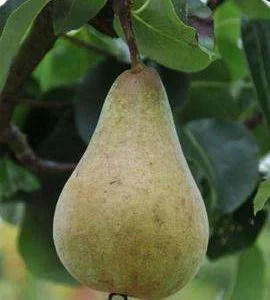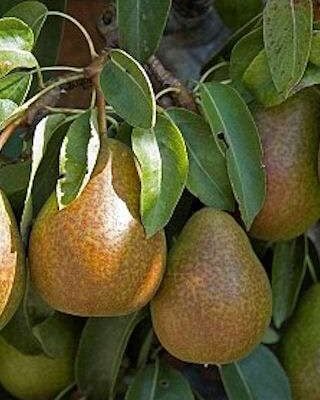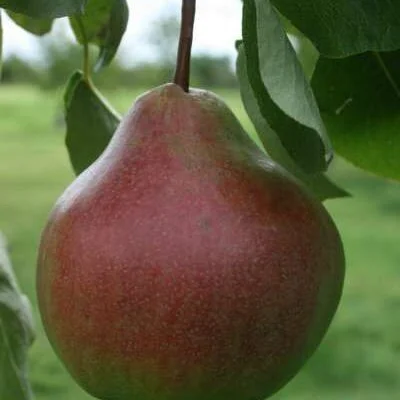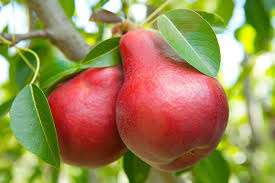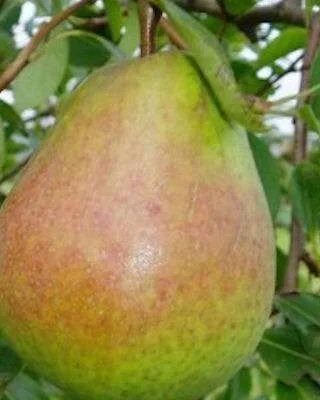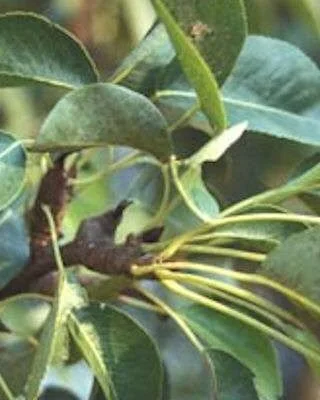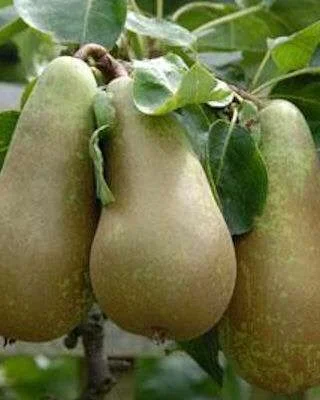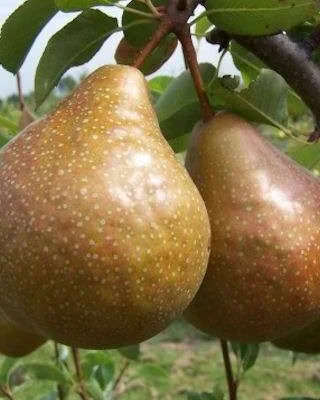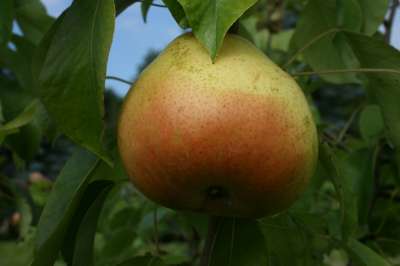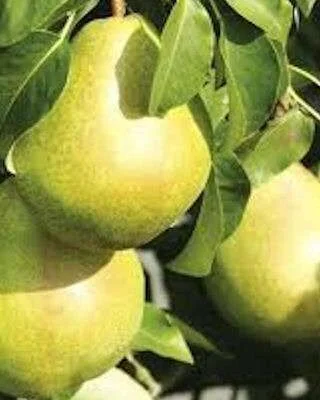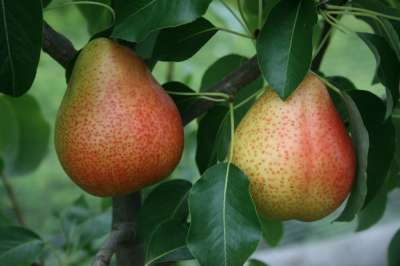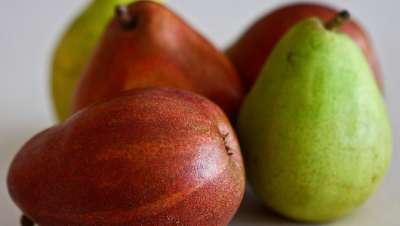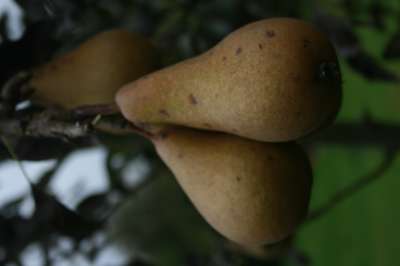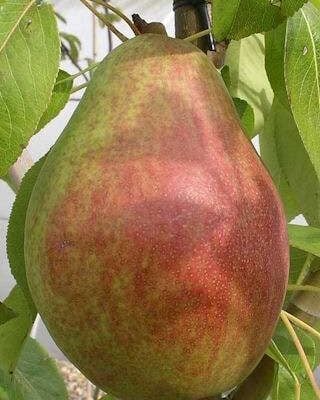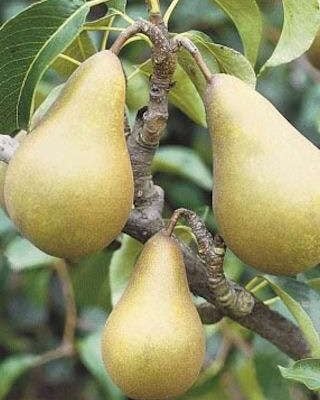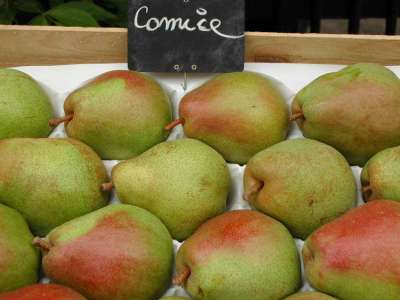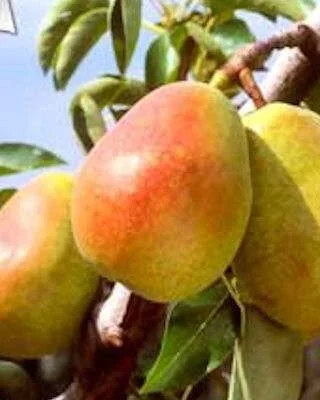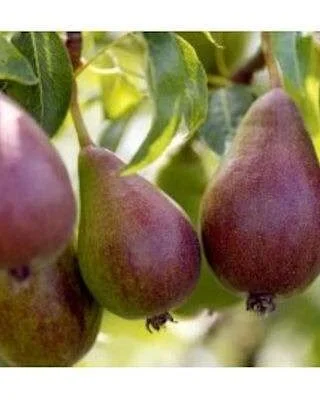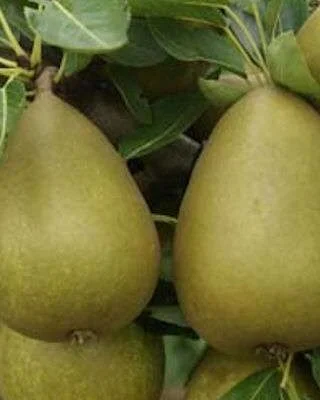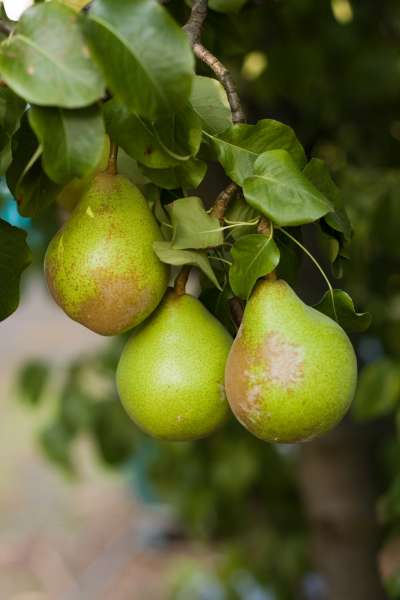Your basket is currently empty!
Pear Trees


Showing 1–20 of 42 results
-
Vicar of Winkfield Pear Trees
£22.90 – £27.95 -
Louise Bonne De Jersey Pear Trees
£21.95 – £28.95 -
Packhams Triumph Pear Trees
£21.95 – £28.95 -
Autumn Red Pear Trees
£22.90 – £22.95 -
Beurre Hardy Pear Trees
£21.95 – £28.95 -
Cannock Pear Trees
£21.95 – £28.95 -
Conference Pear Trees
£21.95 – £28.95 -
Durondeau Pear Trees
£21.95 – £28.95 -
Fondant Dautomne Pear Trees
£21.95 – £28.96 -
Invincible Pear Trees
£21.95 – £28.95 -
Josepene De Malines Pear Trees
£21.95 – £28.95 -
Barney Pear Tree
£22.90 – £27.95 -
Beth Pear Trees
£21.95 – £28.95 -
Bristol Cross Pear Trees
£21.95 – £28.95 -
Clapps Favourite Pear Trees
£21.95 – £28.95 -
Concorde Pear Trees
£21.95 – £28.95 -
Doyenne Du Comice Pear Trees
£21.95 – £28.95 -
Dr Jules Guyot Pear Trees
£21.95 – £28.95 -
Glou Morceau Pear Trees
£21.95 – £28.95 -
Gorham Pear Trees
£21.95 – £28.95



